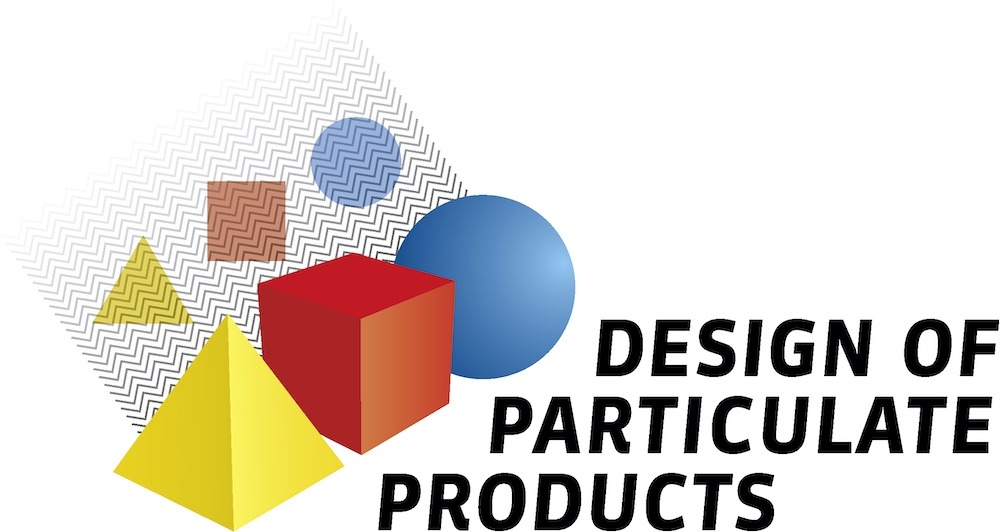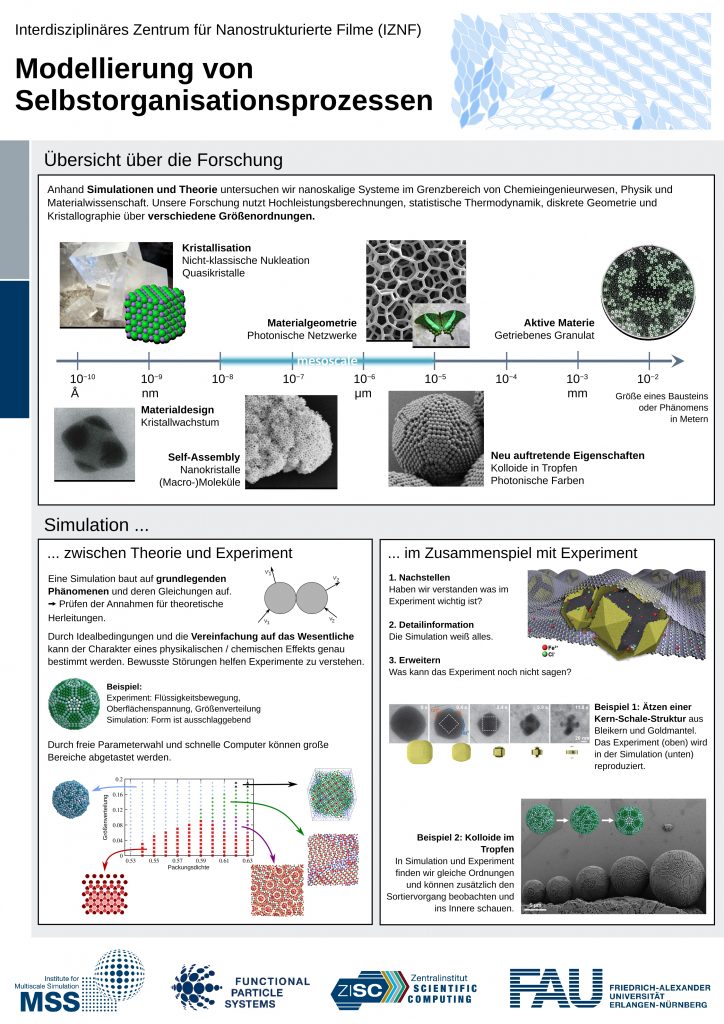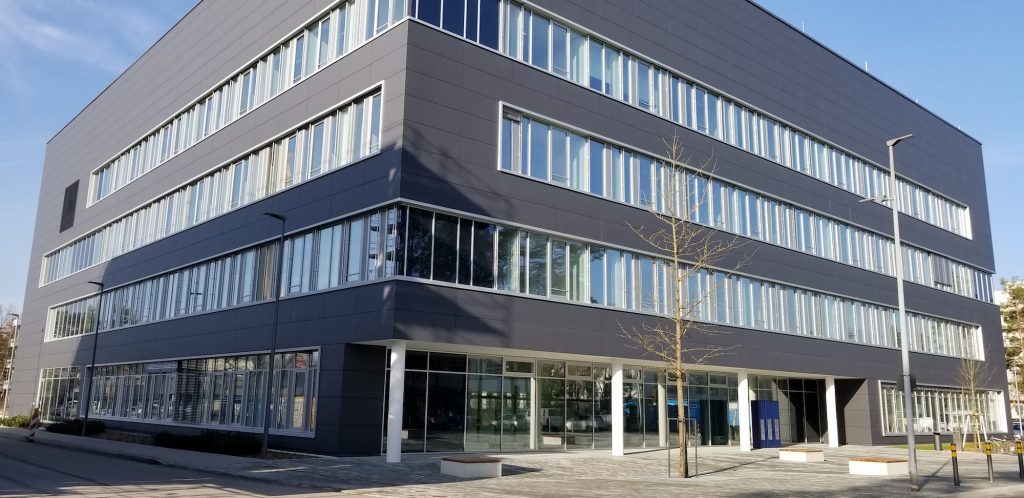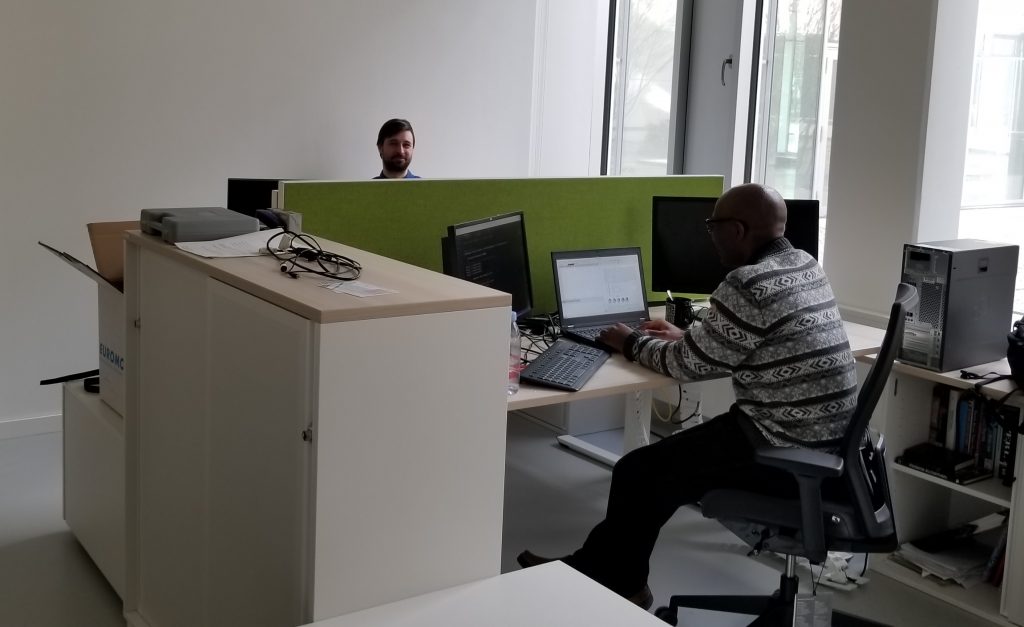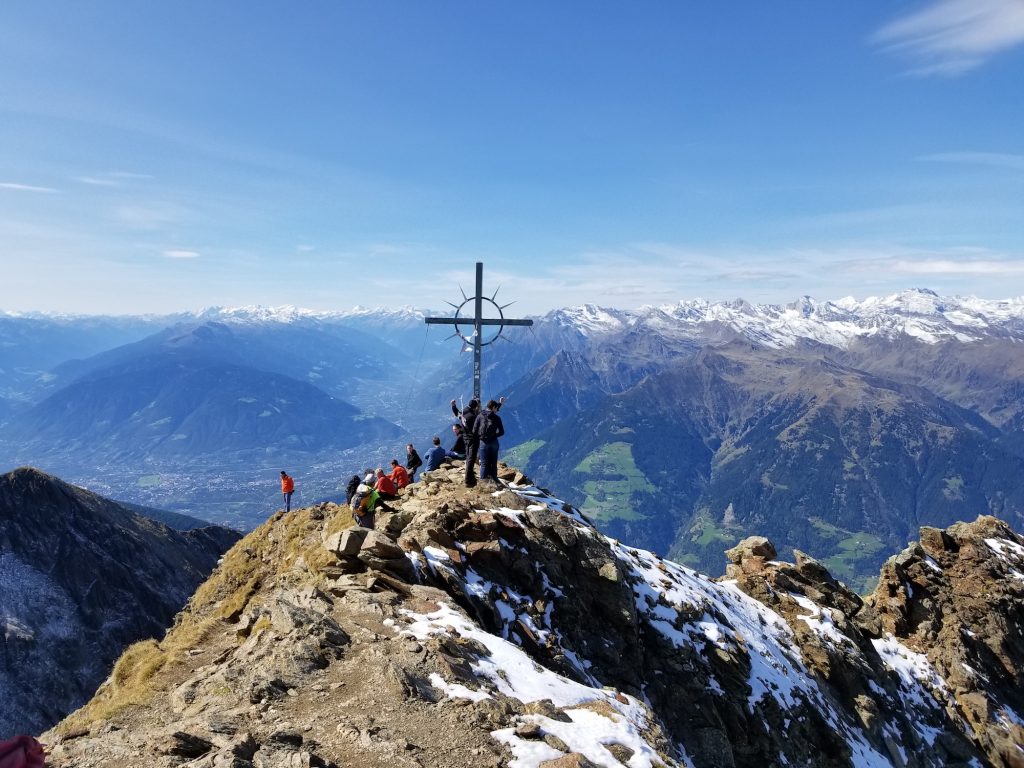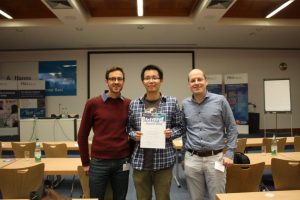New Collaborative Research Center awarded
The German Research Foundation (DFG) approved a new Collaborative Research Centre (CRC) ‘Design of Particulate Products’ to start in January 2020. The CRC will be coordinated by FAU and its researchers are set to receive around 11 million euros in funding for nanoparticle design.
The research team, including the Engel Lab, are planning a novel approach by developing models to design and optimise the nanoparticles before they are produced in the laboratory, a technique that has been made possible by close collaboration between mathematics and particle technology.
For more information, read the FAU Press Release and visit the Webpage of CRC 1411.
